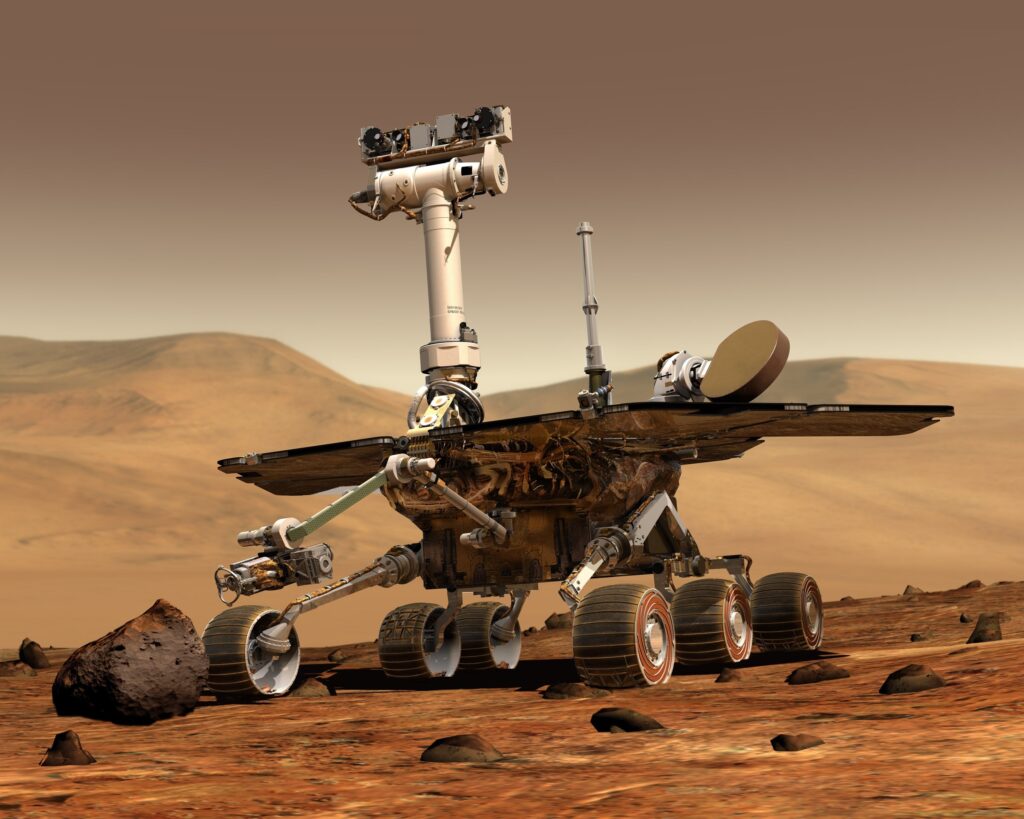Sensor-based sorting systems are commonplace. One challenge for recyclers is sorting light elements, particularly aluminium and magnesium, and determining aluminium alloys. Ocean Insight has developed a modular solution that can sort light elements very rapidly. Called SpeedSorter, the solution employs laser-induced breakdown spectroscopy (LIBS) to quickly identify alloy composition as scrap pieces pass through the analysis region of the sensor.
With commodity prices recently at near-record highs and much of the world’s primary aluminium production in decline and sourced from volatile regions, scrap recycling and the secondary smelter market have strong tailwinds, supporting future investment. Because secondary smelting of recycled aluminium consumes only 5% of the energy of primary aluminium, this fraction can be marketed and sold as ‘low-carbon’ aluminium.
Most of the major aluminium manufacturers now have low-carbon lines such as Alcoa’s Sustaina products, including EcoLum and EcoDura, and Hydro’s Circal and Reduxa. These products and others assure a sustained demand for post-consumer aluminium, which must be accurately sorted to be efficiently recycled.
SpeedSorter solves two main issues of current LIBS sorting systems.
- Sorting at very high throughputs and achieving five tonnes per hour or higher*
- Reliable detection through thin levels of dirt or coatings
For the first time, a LIBS sorting system can handle, for example, Zorba or twitch fractions at high throughputs. *Depending on grain size distribution, input material & handling, number of Speedsorter sensors.
‘Every situation is different,’ explains Matt Kremens, director of engineering at Ocean Applied Systems. ‘Our team can do an assessment based on the scrap intake at a particular site and advise on the economics and whether the SpeedSorter makes sense for the customer. We work closely with customers during the integration, setup, and commissioning phases of each project, with service offerings to keep systems running long into the future.
The SpeedSorter System
A fully contained module that is dust-resistant and rugged, SpeedSorter is designed to be integrated into existing lines, or to be developed easily within a production site by integrators. Mounting the system is simple as only power and communication lines are run to each unit. SpeedSorter sends control signals to downstream hardware to direct diversion.
One of the hallmarks of the system is the simplicity of the design with only a few moving parts. This is a big advantage in the long run, as moving components are an obvious potential cause of failure in real-world environments. The straightforward design compared with competitive systems allows SpeedSorter to be integrated in a variety of environments with ease.
Additionally, the modular design makes the entire sorting system redundant. For example, if one of the sorting lines were to fail, additional lines can continue to sort within the multi-sensor system.
How does it work?

SpeedSorter uses a powerful laser to make a series of sparks on the metal pieces as they pass by. The laser ablates material from the piece of scrap, and this ablated material is consumed into a plasma, which we see as a spark (also called a ‘breakdown’). The light from the spark is analysed by an extremely fast spectrometer, identifying emissions from each of the elements in the alloy. Piece by piece, the elemental composition is identified and the individual scrap pieces are diverted into the proper stream, unlocking additional value from aluminium scrap.
LIBS is on the Nasa Mars rovers, with a system developed by Los Alamos and using spectrometer technology from Ocean Insight. On the Curiosity rover, LIBS was deployed in the ChemCam instrument to investigate the geology of Mars, zapping rock samples up to seven metres from the rover. Hence scrap sorting using Ocean’s SpeedSorter systems can correctly claim to be using technology that is ‘out of this world’.
Moving forward
LIBS technology is one of the key developments in sensor-based sorting in the past decade. As it matures, it has the potential to unlock considerable value for the recycling industry. According to aluminium.org, nearly 75% of the primary aluminium ever mined is still in use today and, as we know, aluminium is infinitely recyclable.
SpeedSorter technology facilitates the circular economy by allowing recyclers to deliver known, sorted fractions of aluminium to secondary smelters. This lowers the amount of dilution (blending with primary metal) or the requirement to remove impurities. This efficiency saves money and energy, and is a source of value for scrap processors employing the SpeedSorter technology.
Implementation of available technology can bring economic advantage to our industry as well as environmental benefits. With rapidly increasing aluminium demand combined with primary aluminium shortages driven by high energy costs and environmental regulation, the LIBS technology in SpeedSorter represents the next big opportunity in the recycling industry. We’re excited to see where that opportunity takes us all.
ABOUT THE AUTHORS
Dr. Steve Buckley is the vp and general manager of Ocean Applied Systems, a division of Ocean Insight. He has been developing LIBS technology since 1998, when he first managed the efforts at Sandia Laboratories. Marcel Epping is an expert in design and implementation of sensor-based sorter systems, with an engineering degree in waste management, specialising in sensor-based sorting, from RWTH Aachen. Ocean Insight has a worldwide presence, with primary offices in New York, Florida, Germany, China and the Netherlands.
For more information, contact [email protected] or the authors: [email protected] and [email protected]
Don't hesitate to contact us to share your input and ideas. Subscribe to the magazine or (free) newsletter.


